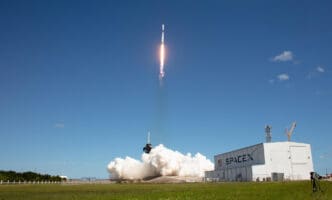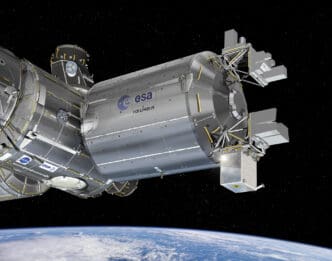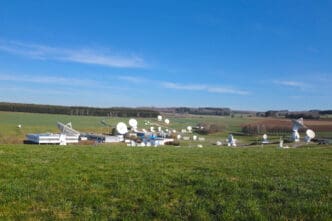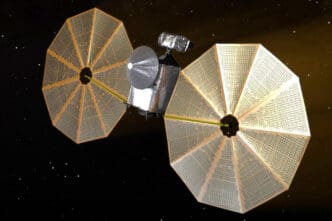NASA leverages space-based vantage points to enrich understanding of Earth, offering data-driven solutions for a sustainable future.
NASA employs a unique capability, harnessing space technology to deliver actionable Earth science data. This facilitates operational services for agencies like the U.S. EPA, FEMA, and USDA, among others. These efforts underscore NASA’s pivotal role in global environmental monitoring and decision-making.
Recently, NASA has focused on providing near real-time air quality data, enhancing disaster response systems, and selecting aircraft-driven studies to better understand climate change. Furthermore, NASA’s initiatives extend to understanding Bangladesh’s water resources and tracking mosquito populations through satellite data, showcasing the diverse applications of satellite technology in addressing environmental and health challenges.
The OCEANOS program stands out by involving Puerto Rican students in NASA research, promoting STEM opportunities within the Hispanic and Latino communities. This initiative reflects NASA’s commitment to broadening participation in scientific research and education.
NASA’s Applied Sciences Program collaborates globally to use space-based observations in enhancing quality of life and bolstering economies. This includes a focus on agriculture, where satellite data informs practices from soil condition assessment to crop productivity. NASA’s work in agriculture is pivotal for food security, reducing market volatility, and improving resilience against climate changes.
Programs like NASA Harvest and NASA Acres apply satellite data to address food security and agricultural challenges, enhancing both environmental sustainability and economic stability for farmers and stakeholders alike. These programs illustrate how NASA’s technological insights are critical in supporting agriculture worldwide.
Key individuals, such as Amber Soja and Nikki Tulley, represent the human face of NASA’s Earth science efforts. Soja’s work on air quality and Tulley’s research on water resources exemplify the diverse expertise driving NASA’s mission. Their contributions highlight the agency’s role in applying scientific research to global challenges.
In Alaska, NASA’s SnowEx campaign exemplifies the importance of remote sensing for water resource management. By collecting snow data, the campaign aims to refine satellite techniques for future use, essential for predicting spring runoff and managing water resources effectively.
NASA’s dedication to leveraging space technology for Earth science applications underscores its critical role in addressing global challenges, enhancing quality of life, and fostering sustainable practices.
Source: Science.nasa ˙ Youtube







